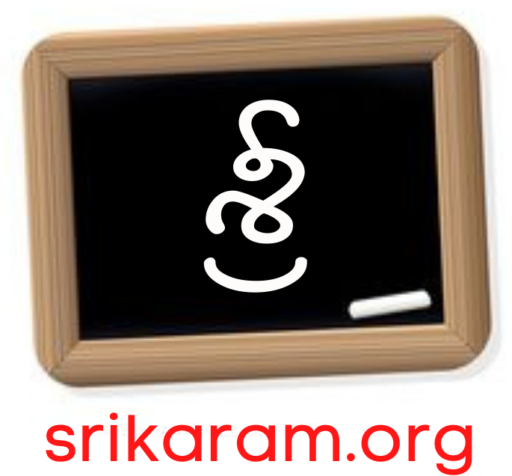Subhas Chandra Bose, often referred to as Netaji, was a prominent leader in India’s fight for independence. His bold and daring leadership made him one of the most respected figures in India’s history, and his role in the independence movement was unmatched in terms of his strategy and commitment.
Early Life and Education
- Born on January 23, 1897, in Cuttack, Orissa, Subhas Chandra Bose hailed from a well-educated Bengali family.
- He was an outstanding student and went on to complete his education at Presidency College in Kolkata and later at Cambridge University, where he earned a degree in philosophy.
Political Involvement
- Subhas Chandra Bose initially joined the Indian National Congress (INC) and worked under the leadership of Mahatma Gandhi. However, his views on fighting British rule were different from Gandhi’s non-violent approach.
- He was elected as the President of the Indian National Congress in 1938 and 1939 but faced opposition for his radical ideas.
- Bose believed in using more aggressive methods, including armed struggle, to liberate India.
Formation of the Indian National Army (INA)
- During World War II, Subhas Chandra Bose sought support from Nazi Germany and Imperial Japan to fight the British.
- He formed the Indian National Army (INA) in 1942 with the aim of liberating India from British colonial rule.
- The INA’s First Division included thousands of soldiers, many of whom were captured British soldiers who had been converted to the cause of Indian independence.
The Famous “Give Me Blood, I Will Give You Freedom” Speech
One of Bose’s most famous speeches, “Give me blood, and I will give you freedom!” inspired countless Indians to join the INA and fight for independence. This call for revolution resonated deeply, especially with the youth of India, who were eager to see a free nation.
Legacy and Influence
- Though he didn’t live to see India’s independence in 1947, Subhas Chandra Bose’s contribution to the independence movement remains invaluable.
- His leadership, courage, and determination continue to inspire many, especially the armed forces and youth.
- His mysterious disappearance in 1945 and death remain the subject of intrigue and debate, but his legacy as a hero of India’s freedom struggle remains unshaken.
Famous Quotes
“Freedom is not given, it is taken.”
“It is better to die on your feet than to live on your knees.”
